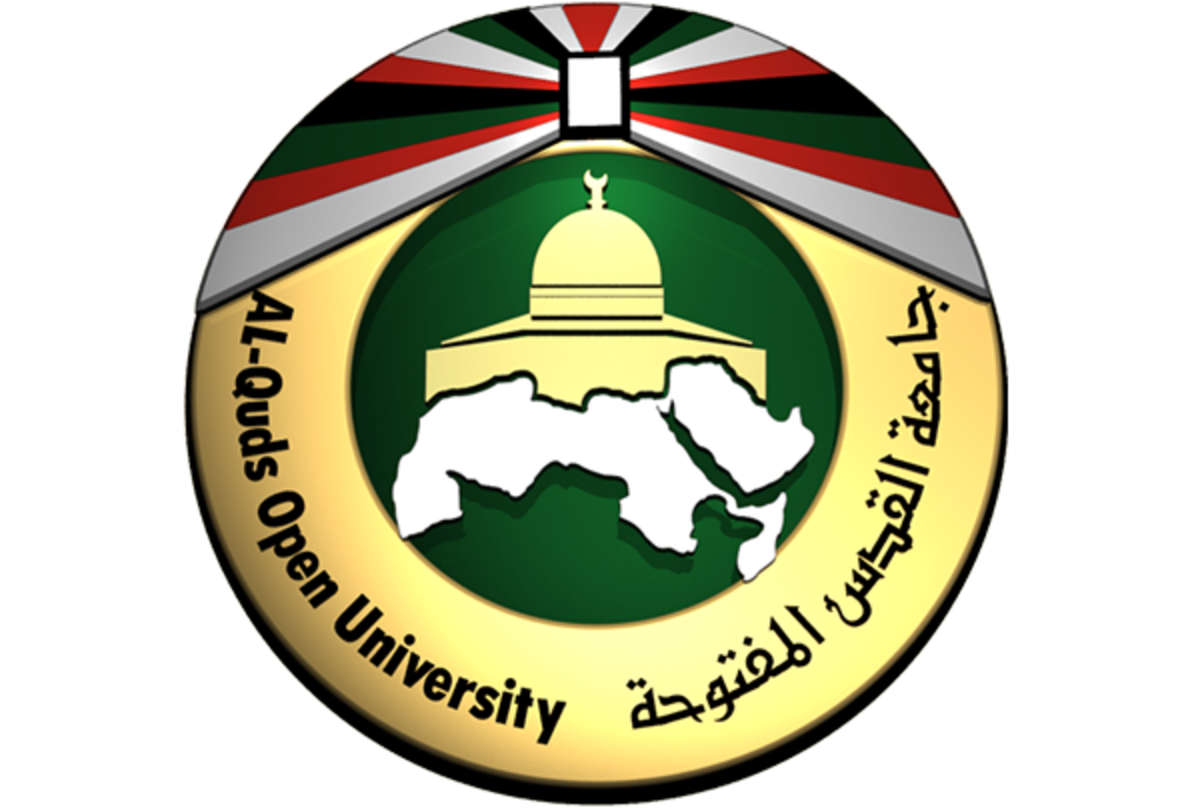Palestinian Journal for Open Learning & e-Learning

Abstract
The aim of this study was to utilize the capabilities of augmented reality in simplifying abstract concepts and to test its effectiveness towards this goal. The rationale behind this is believed to be related to reducing cognitive load of learners and therefore increasing achievement. Another goal was to measure students’ attitudes towards using this type of technology. To achieve these goals, the quasi-experimental methodology was employed. The study sample consisted of 70 female students of the 10th grade in Riyadh, and was implementedin the second semester of 1439-1438H(2016-2017). The sample was divided to 34 students in the experimental group and 36 in the control group. A collection of materials and tools were developed in the form of an achievement test consisting of 30 questions, an attitude scale of 14 questions, and several interview questions performed with 10 students from the experimental group. The results of the study were analyzed using independent samples T-test, Cohen’s D test, and means and standard deviations. The study found that there were statistically significant differences at the level of α ≤0.05 between the means of the experimental groups and the control in the post test in favor of the experimental group, as well as positive attitudes among female students in the experimental group towards the use of augmented reality technology.Based on the results of the study, the researchers recommended the following: Study the possibility of adopting the augmented reality technology by the Ministry of Education in teaching different branches of science throughembedding this technique in the textbook pages;provide science labs with all the devices and networks that enable the teacher to use augmented reality in teaching science;, and createmore augmented reality applications suitable for science curricula at all learning levels.
Recommended Citation
Al Abbasi, Dania Abd Alazeez and Al-Ghamdi, Hanan Abdullah
(2020)
"The Effects of Augmented Reality on Simplifying Abstract Concepts in Chemistry and Reaching Deep Understanding Among First Year Secondary Students,"
Palestinian Journal for Open Learning & e-Learning: Vol. 8
:
No.
14
, Article 4.
Available at:
https://digitalcommons.aaru.edu.jo/jropenres/vol8/iss14/4

